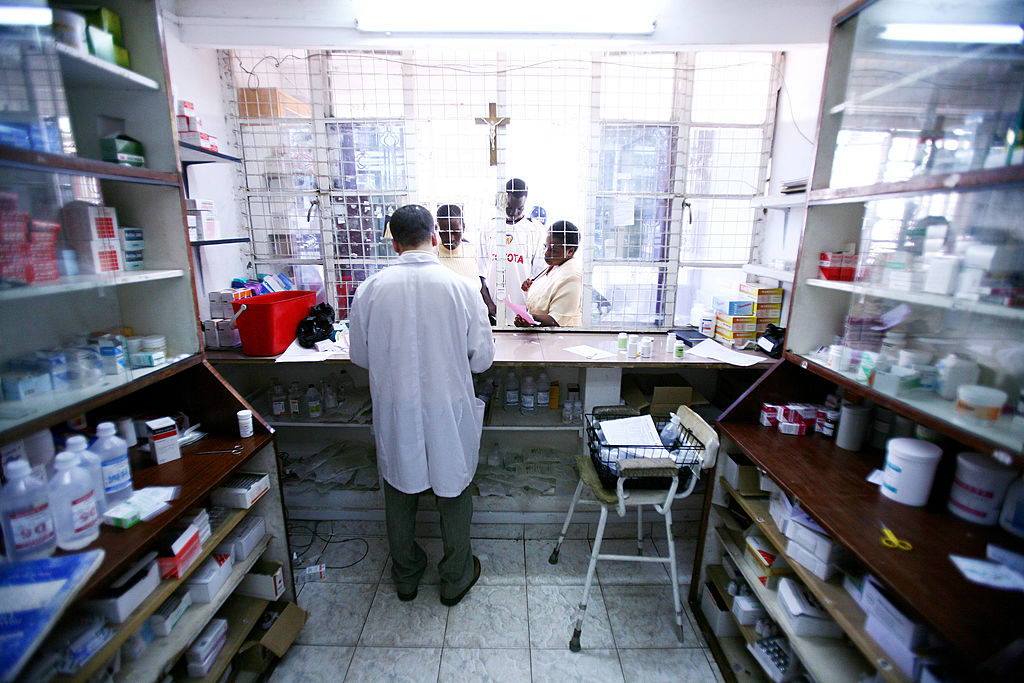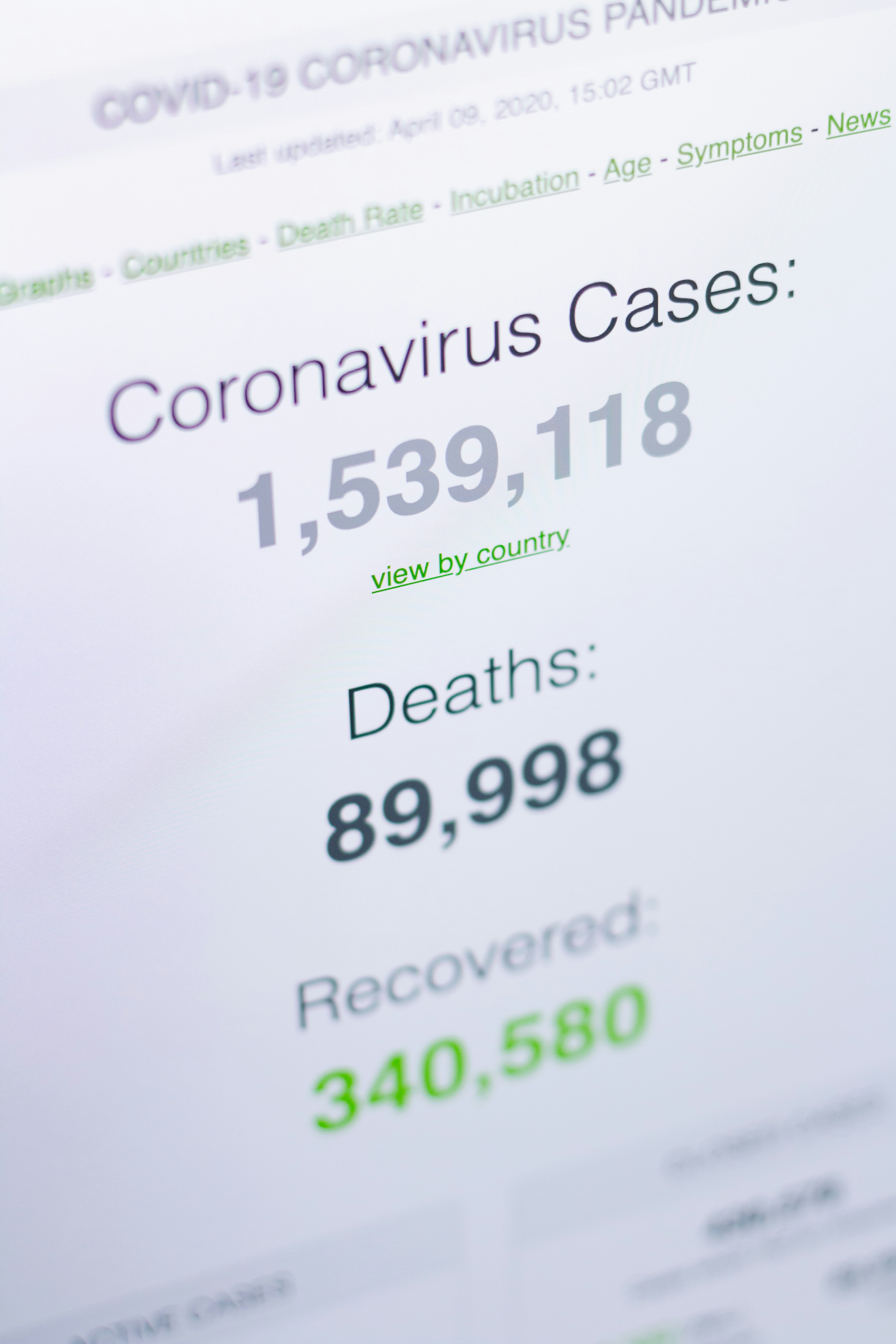
Congress narrowly averted—a minimum of for now—a federal shutdown due to a stopgap funding invoice accredited on Sept. 30. However all through the whirlwind of exercise on Capitol Hill to maintain the federal government operating, the deadline handed to reauthorize an important international well being program that’s been credited during the last 20 years with saving greater than 25 million lives throughout some 50 nations.
The long-term prospects for the President’s Emergency Plan for AIDS Aid (PEPFAR)—launched in 2003 by President George W. Bush and reauthorized with broad bipartisan assist in 2008, 2013, and 2018—at the moment are unsure. Reauthorization has change into mired in a political combat over abortion as Home Republicans search to cease PEPFAR funding from going to organizations that provide abortion-related companies, one thing the Democratic majority within the Senate strongly oppose.
Within the meantime, well being consultants and administration officers warn that non-reauthorization will erode this system’s potential to buy reasonably priced care and weaken the U.S.’s function as a frontrunner in international well being.
A State Division official tells TIME that the non-reauthorization won’t “jeopardize PEPFAR’s operations” throughout fiscal 12 months 2024, which ends on Sept. 30 subsequent 12 months: “PEPFAR has ample funding accessible to cowl most PEPFAR-supported operations, pending well timed completion of required Congressional notification procedures.”
However the State Division official provides that the non-reauthorization will “restrict PEPFAR’s potential to conduct longer-term procurement of vital commodities, decreasing our potential to make sure the bottom attainable costs and can hinder our potential to assist well timed scale-up of latest product improvements, all of which might danger the lives of the purchasers that PEPFAR helps.”
Extra From TIME
World well being practitioners and advocates additionally fear that even when PEPFAR is finally reauthorized, the uncertainty created each by Congress lacking the deadline and by the fading of bipartisan assist for this system might finally improve prices and inefficiencies in addition to hurt the U.S.’s diplomatic pursuits.
PEPFAR’s potential to plan over a multi-year timeframe is essential to this system’s potential to offer assist to HIV/AIDS sufferers throughout the globe, in accordance with Salim Abdool Karim, a number one epidemiologist and H.I.V./AIDS researcher at Columbia College.
PEPFAR-supported packages have beforehand been capable of purchase antiretroviral medicine cheaply as a result of they “procure in long run in massive portions in single portions.” “Now they’ll have to obtain on an annual foundation,” which can finally result in much less medical remedy for HIV/AIDS sufferers, says Abdool Karim.
Most PEPFAR contracts are multi-year, “as a result of that is the best way to get environment friendly, efficient life-saving programming,” says Asia Russell, the manager director of the Well being World Entry Mission. “With that type of relationship with a contractor or with an educational establishment you truly get sturdy, good scale-up and accountability.”
Deborah Birx, who led PEPFAR from 2014-2020, says that the historic bipartisan assist for PEPFAR was “completely vital” in driving coverage reforms to combat the AIDS epidemic. “That type of exhausting coverage dialogue is facilitated by a readability all over the world that that is supported by each Republicans and Democrats. Why is that vital? As a result of they know that inside that 5 12 months interval, greater than doubtless there could possibly be a shift in both the Republicans or Democrats on the Hill or within the White Home,” says Birx. With out bipartisan assist, Birx says extra nations could hope to carry out for a change in authorities slightly than implement adjustments. Birx provides that she’s now “anxious about these massive coverage engagements that the U.S. is actually core in negotiating.”
A spokesperson from the Nationwide Safety Council additionally burdened PEPFAR’s significance to U.S. international relations, significantly with African nations. “This departure from 20 years of robust assist might open the door for Russia and China within the Africa area,” says the official. “We stay assured that the supporters of PEPFAR in each events will discover a path ahead to get this vital and lifesaving program reauthorized,” the official says.
The trail ahead, nonetheless, is something however clear. Biden Administration officers have been vocal in pushing for a “clear” reauthorization, citing not solely PEPFAR’s work on AIDS but in addition this system’s function in halting different pandemics, equivalent to Ebola and Marburg Virus from rising uncontrolled.
However this 12 months, Home Republican PEPFAR skeptics, led by Rep. Chris Smith of New Jersey, chair of the worldwide well being subcommittee that controls this system, have been resolute in opposing such a reauthorization. The opponents allege that a part of this system’s almost $7 billion annual price range goes to abortion suppliers. “PEPFAR has been reimagined—hijacked—by the Biden Administration to empower pro-abortion worldwide non-governmental organizations,” Smith mentioned in an announcement on Sept. 28. (Smith didn’t reply to a request for remark for this story.)
The Biden administration and international well being consultants have vehemently denied these expenses, noting that federal regulation already doesn’t allow international help to fund abortion companies. Some PEPFAR grantees, nonetheless, do present abortion-related companies with funding from different sources.
For now, the GOP-led Home has handed a shorter, one-year reauthorization of this system that provides abortion restrictions to any group receiving PEPFAR funding—one thing critics say might depart sure components of the world the place there may be restricted healthcare infrastructure with no companion organizations PEPFAR might assist—however this has little probability of passing by the Senate. In any case, speak of PEPFAR reauthorization appears more likely to stall whereas the Home stays in a state of paralysis following the ousting of former Speaker Kevin McCarthy.
Because the battle traces are presently drawn, it’s exhausting to ascertain a type of PEPFAR reauthorization that might “get by the Home that might additionally survive the Senate and the White Home,” says David P. Fidler, a worldwide well being knowledgeable on the Council on International Relations. “Something which may get by the Home with a brand new speaker just isn’t going to get by the Senate. You understand, we’re actually in uncharted territory right here.”
Extra Should-Reads From TIME



